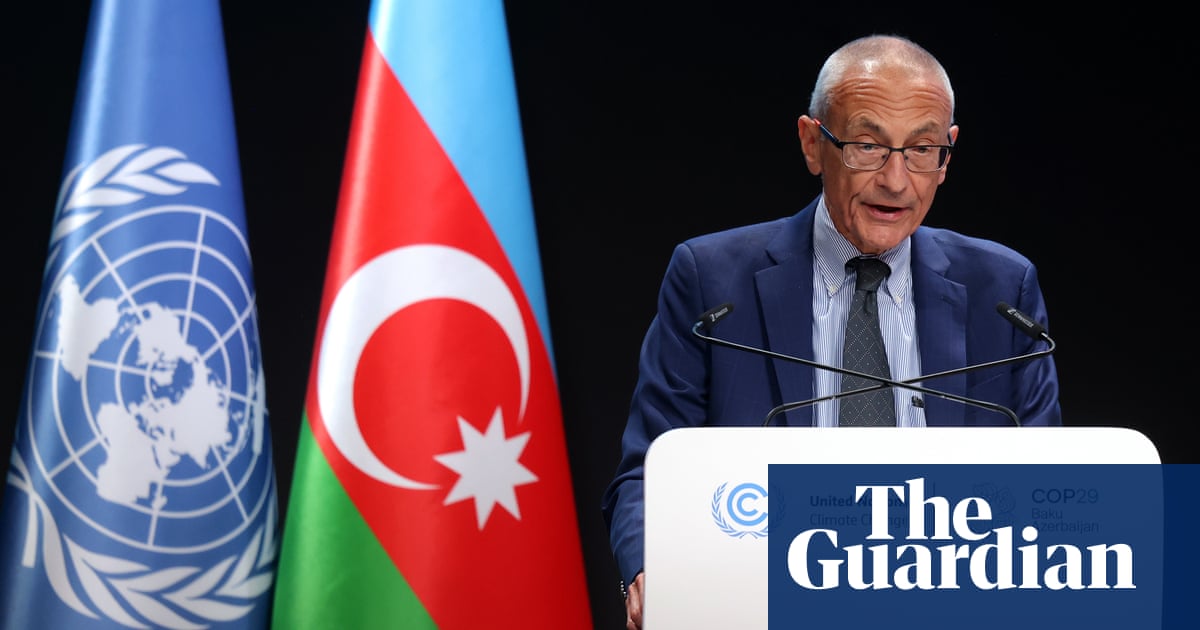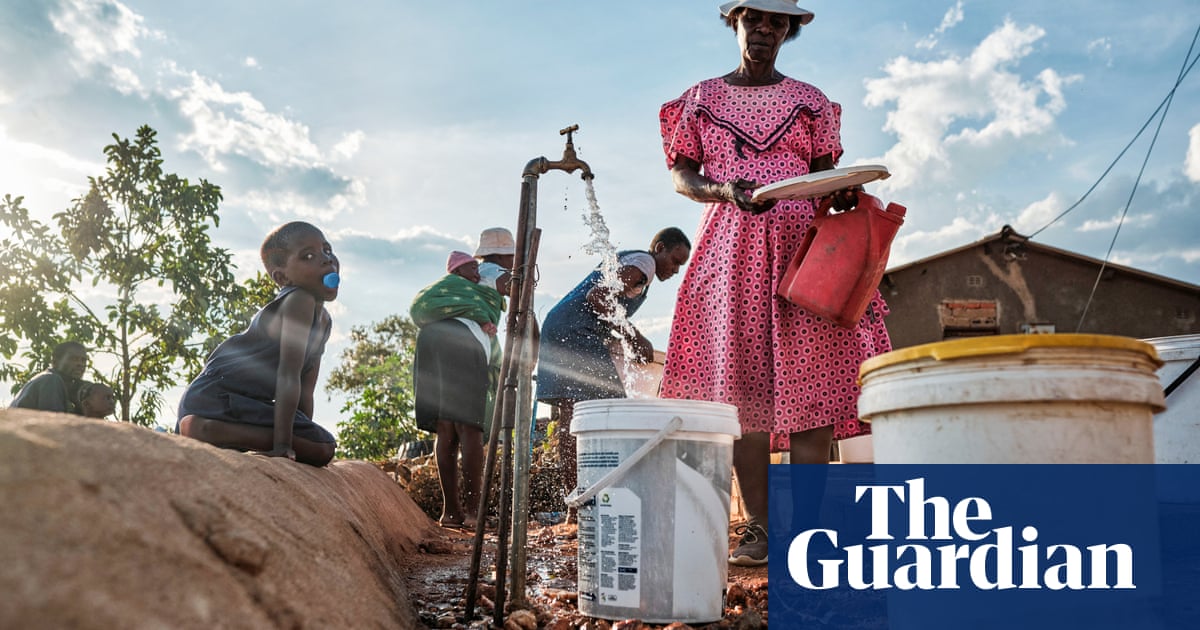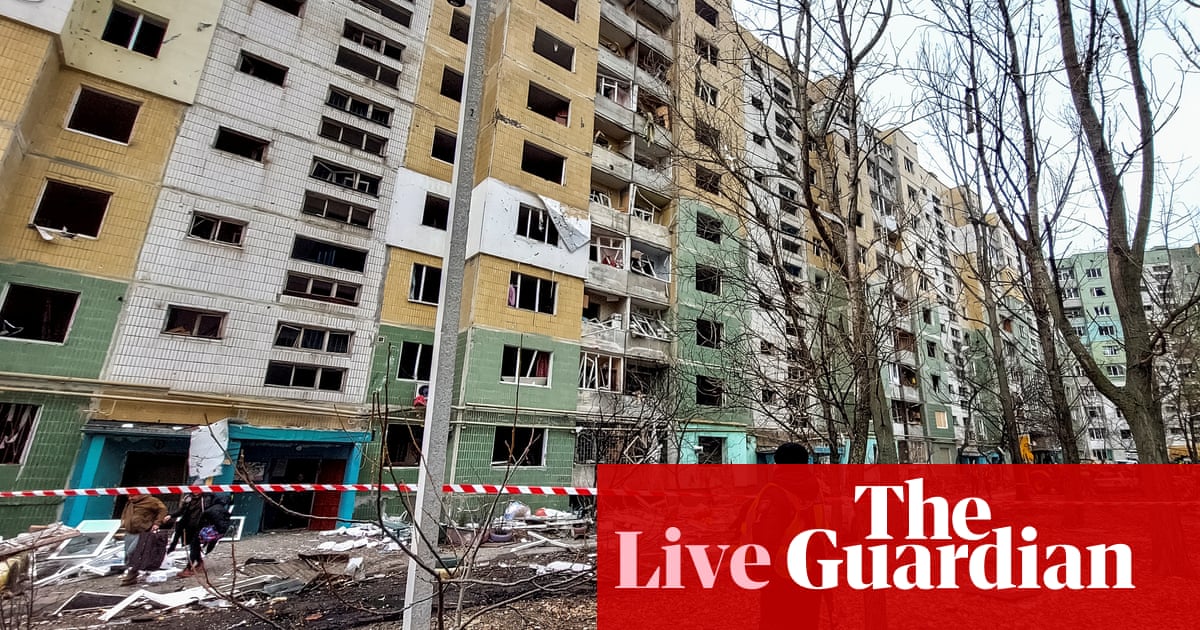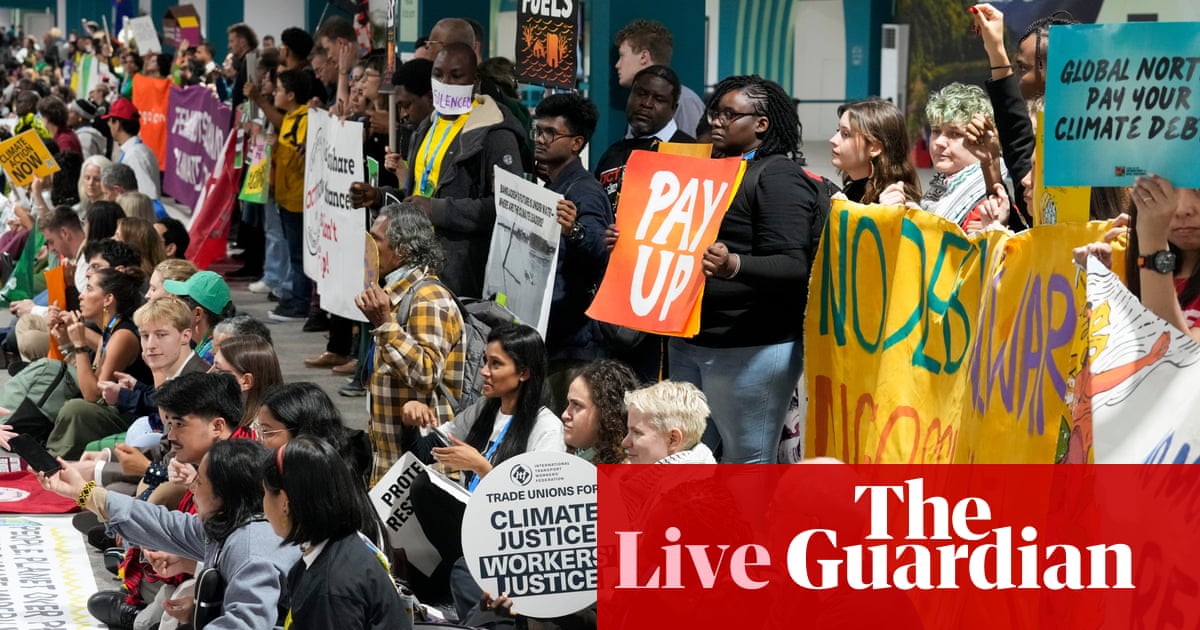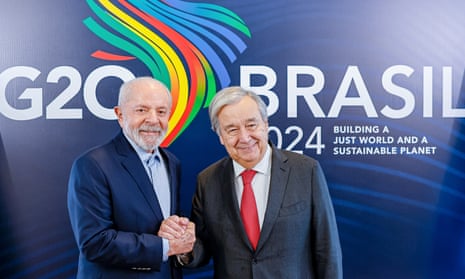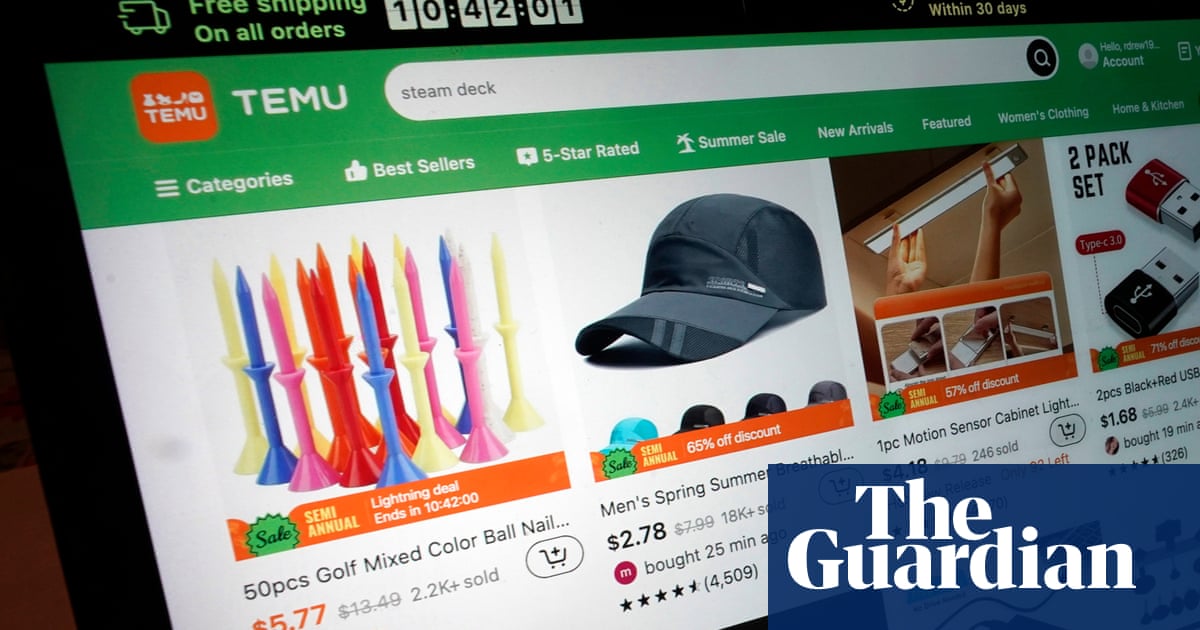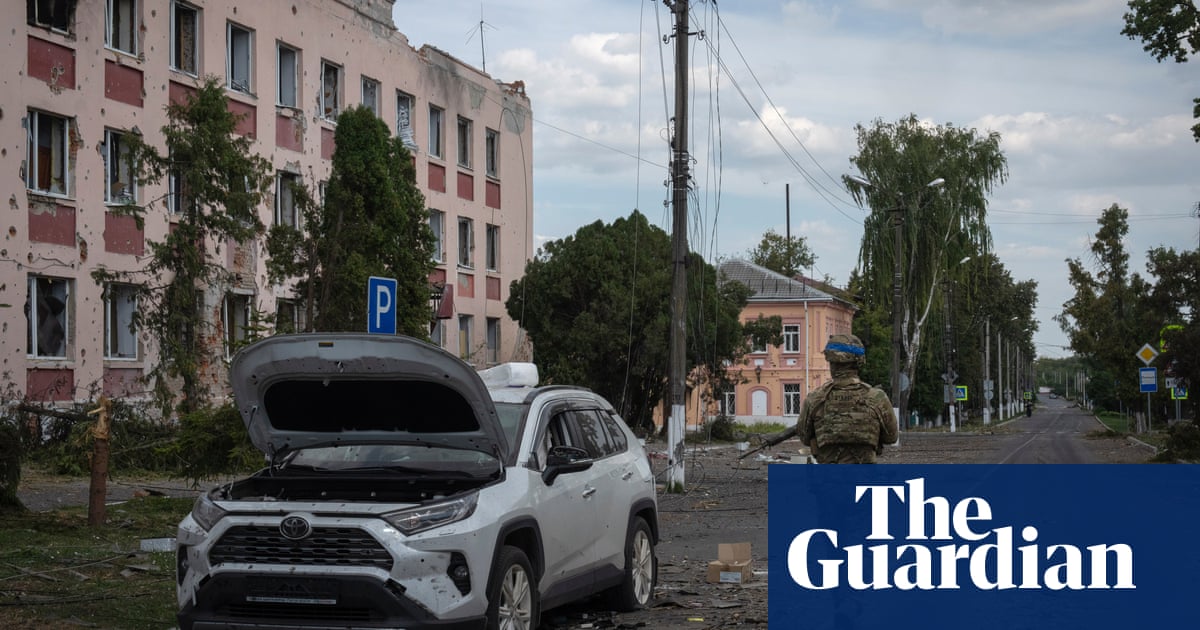Countries meeting in Azerbaijan to discuss a new global financial settlement for tackling the climate crisis must âcut the theatricsâ and get down to serious business, the UN has said.
The UK and Brazil have been drafted in to try to break a logjam at the Cop29 climate summit, which entered its second week on Monday with no agreement in sight on the key issue of how to channel at least $1tn a year to developing countries.
Poor nations need the money to cut greenhouse gas emissions and cope with the impacts of extreme weather. Rich countries stand accused of failing to come up with the cash to help them.
Officials from nearly 200 countries worked last week to draw up the text of a potential deal, but many countries have sent ministers â with decision-making powers â to the Azerbaijani capital, Baku, only for the second half of the fortnight-long meeting.
Simon Stiell, the UNâs climate chief, told the conference: âMinisters who have just arrived need to roll up their sleeves and dive into the hardest issues. Bluffing, brinksmanship and premeditated playbooks are burning up precious time. So letâs cut the theatrics and get down to the real business this week.â
He reminded rich countries that it was in their interest to help the poorest, which are suffering from the impacts of extreme weather but have done little to cause global heating. âClimate finance is not charity,â he said. âIt is 100% in every nationâs interest to protect their economies and people from rampant climate impacts.â
Mukhtar Babayev, Azerbaijanâs environment minister and the president of the talks, said: âPoliticians have the power to reach a fair and ambitious deal. They must deliver on this responsibility. They must engage immediately and constructively. The highest possible level of ambition is indeed difficult, and it requires courage. Colleagues, now is the time to be brave.â
The UK and Brazil will work with countries to help find a âlanding zoneâ of agreement. Bones of contention include how much developed countries should provide from their own budgets and how much should come from the private sector; how to expand the number of contributors, from the established industrialised countries to include emerging economies such as China and petrostates such as Saudi Arabia; and by what deadline the target should be met.
Australiaâs climate and energy minister, Chris Bowen, is charged with guiding the finance track of the talks. He and Yasmine Fouad of Egypt are the âministerial pairingâ in charge of the ânew collective quantified goalâ (NCQG) negotiations.
Bowen told the Guardian the process was like âa four-dimensional jigsawâ. The NCQG must include numbers, on the amount of finance developing countries can expect and where it should come from, including developed countriesâ aid budgets, development banks such as the World Bank, and the private sector.
The structure of an agreement is also key, including deadlines for meeting the goals, and rules on which countries can access the funding and how. These factors were âintrinsically linked, so you canât solve one without the otherâ, he told the Guardian.
âThose four things â the big three plus accessibility â is a jigsaw puzzle. A four-dimensional jigsaw puzzle being constructed on a tight timeline, with 198 parties,â Bowen said.
Sherry Rehman, a member of Pakistanâs senate, was the countryâs environment minister when devastating floods submerged one-third of Pakistan in August 2022, displacing an estimated 8 million people and causing damage costing tens of billions of dollars.
after newsletter promotion
She urged world leaders to âkeep an eye on the big pictureâ rather than indulging in petty bickering over who was to blame. âWeâre here for life and death reasons,â she told the Guardian in an interview. âWeâre one of the most climate-vulnerable countries in the world. So we canât walk away.â
Mohamed Adow, the director of the thinktank Power Shift Africa, said developed countries must take responsibility for having caused the climate crisis through more than a century and a half of reliance on fossil fuels.
âThe climate finance goal needs to include both a public finance provision and a mobilisation goal of new and innovative sources,â he said. These sources could include a wealth tax, now under discussion at the G20 in Brazil, and taxes on high-carbon activities such as frequent flying.
âThe public, grant-based component of the new finance goal must be big enough to give confidence to the developing countries who are currently in debt distress,â Adow added. âFor them private finance, which needs to be repaid with interest, is just a recipe for more debt.â
Poor countries needed help to make their infrastructure, both physical and social, more resilient to the impacts of extreme weather. Private companies were unlikely to provide this, so governments must step in, Adow said.
âThese countries canât afford to leave Baku without assurances of public, grant-based finance to address their adaptation needs and help deal with the loss and damage caused by the climate crisis,â he said.

